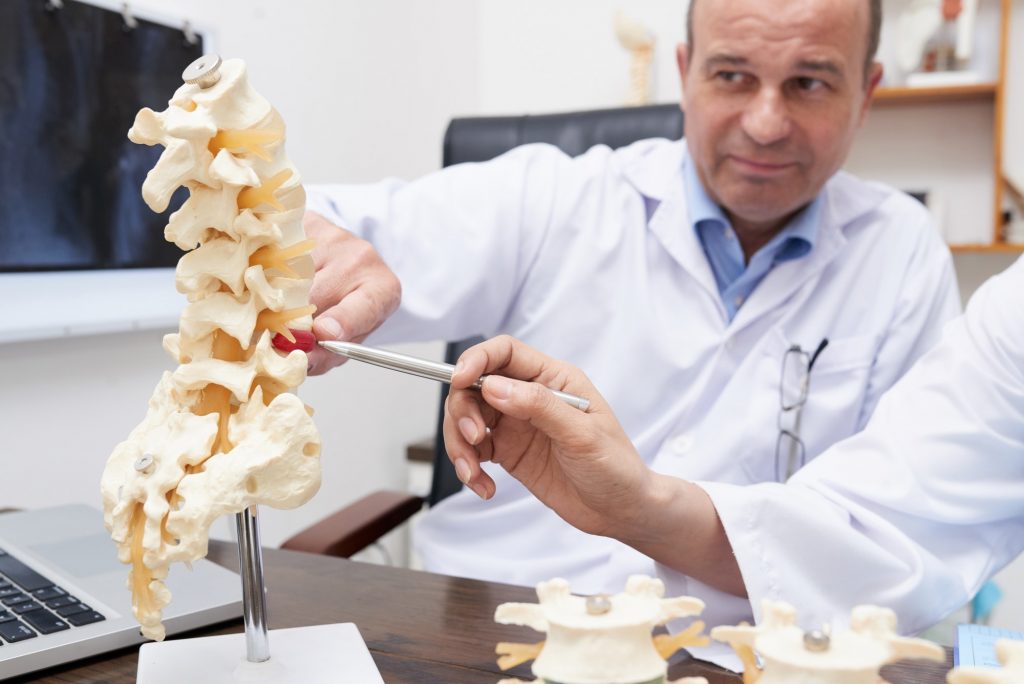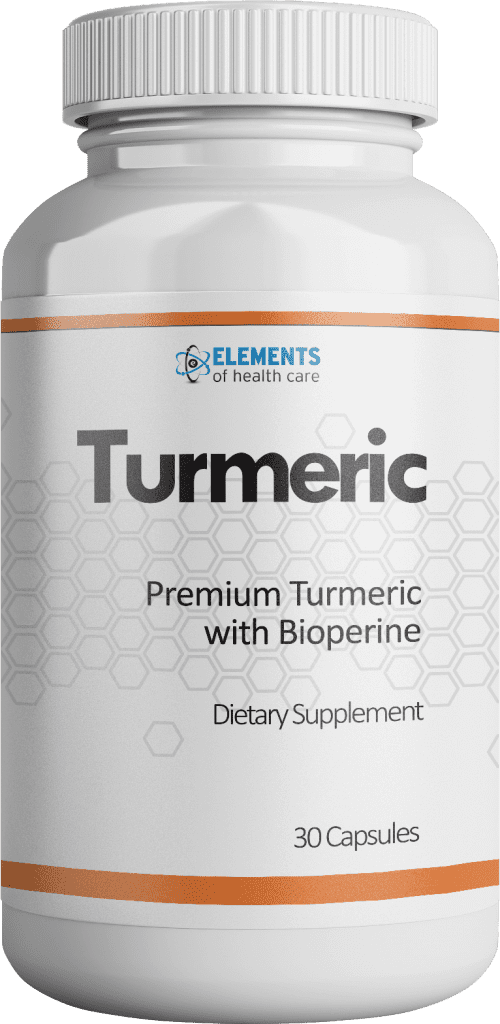Turmeric has been used for thousands of years, particularly in India, as both a spice and medicinal herb – but what does turmeric help with?
Turmeric is a spice typically available in curry and has a bright, yellow tinge. It comes from the turmeric plant and is frequently part of Asian cuisine. The root of turmeric is also an ingredient in medicine, due to the chemical curcumin. Curcumin is a chemical in turmeric that’s said to decrease inflammation.
Due to its anti-inflammatory properties, it’s said to be beneficial in treating health conditions involving inflammation. Several studies have said it also has major benefits on your body and brain.
Benefits of Turmeric
Medicinal Properties

Turmeric has powerful medicinal properties, which primarily come from the compounds curcuminoids. As the main ingredient in turmeric, curcumin has anti-inflammatory properties and is a strong antioxidant.
However, the spice on its own only has about 3% of curcumin. The easiest and most efficient way to consume significant amounts of it is via supplementation.
When eating, to improve absorption, consume turmeric with black pepper, which enhances its absorption by 2,000%.
Anti-Inflammatory
Turmeric is also a natural anti-inflammatory, which can be helpful since many of the most common health conditions in the world cause inflammation. While inflammation does play an important role in fighting pathogens and repairing damage, it can cause problems if it becomes chronic. Curcumin blocks NF-kB, which is a molecule that activates inflammation. In other words, curcumin fights inflammation at a molecular level.
Antioxidant
Turmeric increases antioxidants in your body, neutralizing free radicals. Oxidative damage results in aging and disease, but antioxidants tackle this and protect your body from free radicals. Curcumin also increases your body’s antioxidant enzyme levels.
Heart Health
Turmeric can lower your risk of heart disease by improving the function of the endothelium, the lining of blood vessels. The endothelium cells control vasodilation and the enzymes that control blood clotting, immune function, and platelet adhesion.
When the endothelium is not functioning, it affects blood pressure, blood clotting, and heart disease risk. Curcumin may help tackle heart disease risk. Adding Omega-3 supplements may also boost heart function.
Arthritis
Turmeric supplements can help with arthritis, which would otherwise lead to joint inflammation. The curcumin found in turmeric can help treat inflammation and symptoms of arthritis. A study involving people with rheumatoid arthritis found that curcumin was more effective at treating symptoms than anti-inflammatory drugs.
Affects Chronic Disease and Aging
Finally, Turmeric may help delay aging and chronic diseases due to age. By targeting inflammation and boosting antioxidant effects that directly impact aging, it may also help prevent diseases that come with age.
For example, Alzheimer’s disease causes a buildup of protein tangles called amyloid plaques. According to some studies, curcumin may help clear these plaques, but more research is necessary.

The Outlook
Turmeric has been around for more than 4,000 years to promote overall health and wellness. If you want to support your joints, improve your memory, and aid your heart health, try Turmeric with Bioperine.
This supplement includes Bioperine to help increase absorption and effectiveness. It’s full of antioxidants and the additional curcuminoids provide support for better overall health.
Try Turmeric with Bioperine if you want to give your health a necessary boost.

